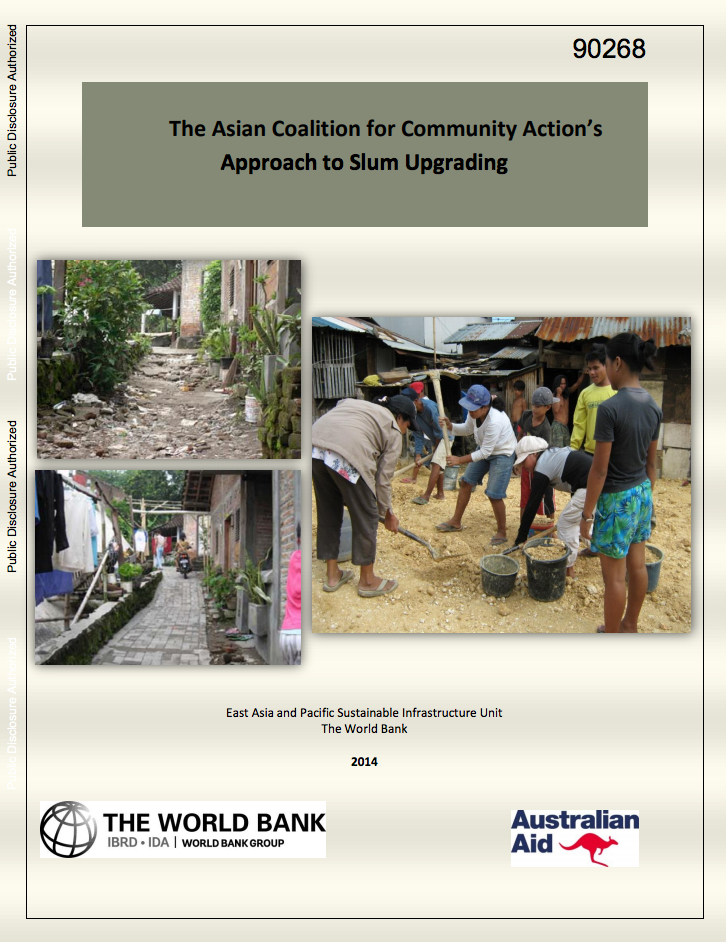GRI Index Fiscal 2014
The World Bank (WB) supports the global
reporting initiative (GRI) and is one of the GRI chapter
groups of founding members. The topics deemed relevant for
disclosure were identified by assessing annual corporate
priorities outlined by the institutions’ Boards and
President, considering stakeholder input, as well as
ascertaining sustainability impacts of carrying out the
mission and vision. To determine if a GRI aspect is material


